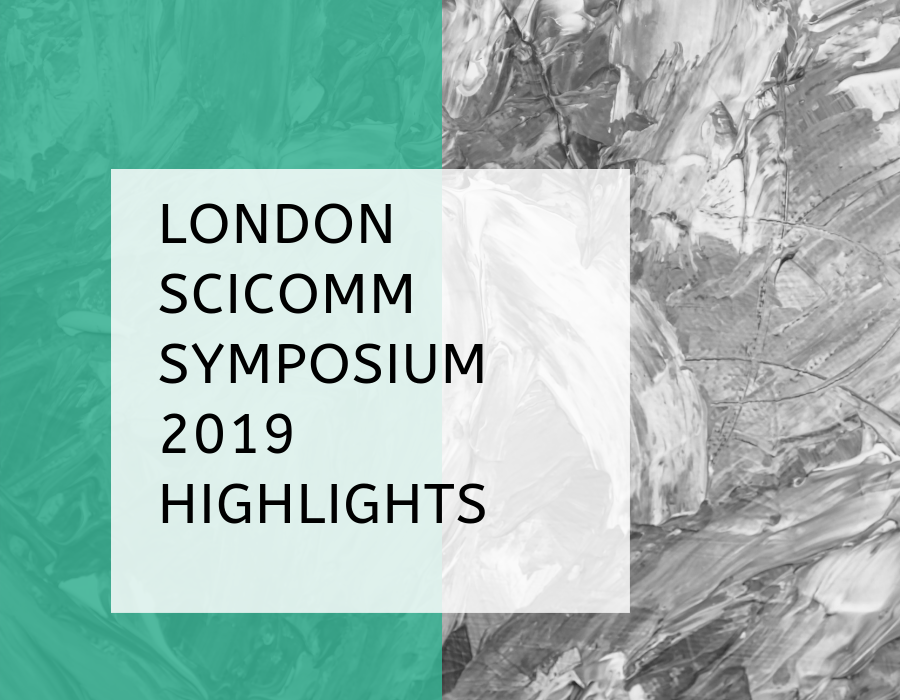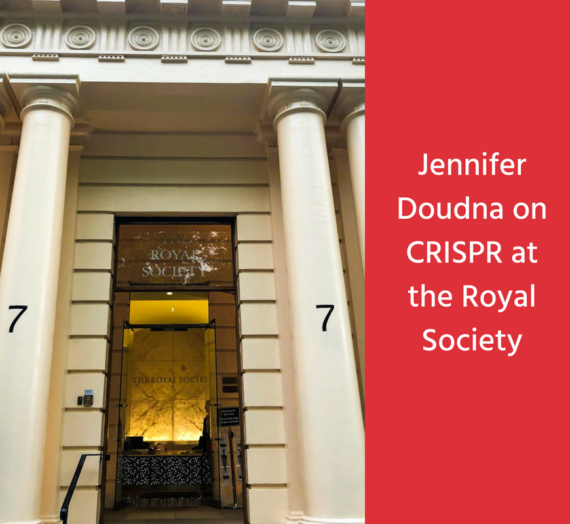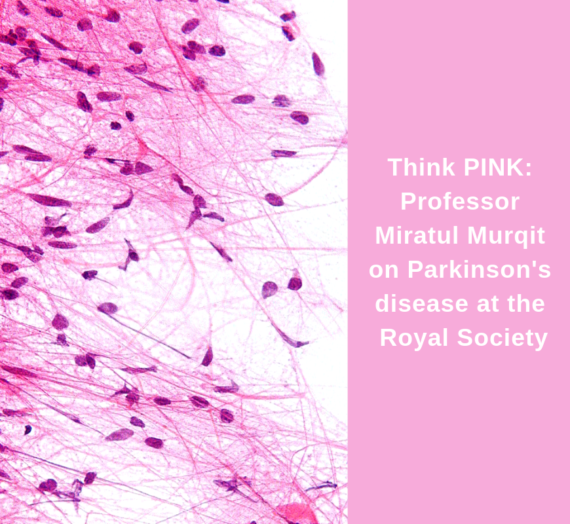Last Thursday, Roisin and Arzo attended the London SciComm Symposium, this year held at Queen Mary University. The day consisted of bite-sized talks from a variety of speakers, and panel discussions on what needs to change in the field of sci-comm. Here are our highlights from the day.
- “Anyone can Google the facts, what are you adding?”
The first speaker of the day was Cerys Bradley, who recently completed a PhD in the Dark Net at UCL. They are a stand-up comedian, podcaster, and a researcher at LGBT+ charity Gallop. Cerys spoke about working with young people, teaching them about scientific topics such as encryption, but also helping them to develop debating and critical thinking skills, noting that, in ten years’ time, the science will have changed, but these skills that they’ve learnt will always remain relevant. What struck us most about Cerys’ talk was their point about communicating science; “Anyone can Google the facts, what are you adding?”, which has definitely given us some food for thought about what we need to do to make sure that we are actually adding something through our scicomm efforts.
- Science is city biased
Another of our favourite talks came from Hephzi Angela Tagoe, who has recently finished a PhD in skin diseases at the Blizzard Institute, and is also the founder of Gh Scientific. Her talk drew attention to an issue that we, living in London, have taken for granted; that science needs to “get out of its big city bubble”. Scientific events are largely held in major cities, and those who don’t live in those places, or can’t easily get to them, are missing out. To tackle this, Hephzi has set up a street science festival in Basildon, Essex, which is now in its fourth year. Location, Hephzi claims, is one of the biggest barriers that prevent people engaging in science, and we have to agree with her; if the people can’t get to the science, then we need to bring the science to the people.
- “Facts are only interesting if they make you FEEL something“
Brian Mackenwells, from the Wellcome Centre for Human Genetics, is an advocate of treating science as more of an art form. He spoke about how science communication efforts often focus on generating ‘sensawunda’ (or…sense of wonder), and how we need to go beyond this to make our audiences actually feel something, instead of just awe. As we often hear in discussions on sci-comm, Brian is a believer in the power of storytelling in science engagement, and this is something we’ll be thinking about a lot more in our future work.
- Don’t let veterinary science get left behind
Lucy Eckersley, also known as Punk Biologist, is the Royal Veterinary College’s outreach officer. In her talk, she pointed out how veterinary medicine is often overlooked as a science career, although it contains a whole lot of biology, chemistry, and lots more. Furthermore, she also drew attention to the diversity problems that the veterinary field is facing; the majority of students at RVC are female, middle-class, and white. Those who go on to study veterinary medicine have often grown up owning animals, a privilege that not everyone has access to. What’s more, studying to be a vet is super expensive, not only because of tuition fees, but also due to equipment and uniform costs. Two things are clear; the veterinary field mustn’t be left behind by sci-comm, and it also needs to be opened up to those who are currently excluded from it.
- Discussions and debates

The event also included several panel discussions with some thought-provoking questions from the audience. One interesting idea brought up was whether scientists need to stop presenting science as an amazing, exciting and perfect world, because that is far from the truth and it’s not fair to sell this idea to people thinking about a career in science. By showing scientists as fallible human beings, we can encourage those who might not feel good enough for this amazing thing known as ‘science’. As Lucy Eckersley pointed out, being honest about how science works might help new people coming into the field to address these problems earlier on. Imran Khan (Head of Public Engagement at the Wellcome Trust) also made a point about how sci-comm could benefit from operating more like politics, by attracting ‘swing voters’; for example, instead of trying to reach those who feverishly deny climate change, or, those who accept the threat that it is, why not try to attract those in the middle, who might not have any strong views?




